Actors becoming directors is nothing new. So long as there have been actors and directors there have been actor-directors—Charlie Chaplin, Buster Keaton, Ida Lupino, Clint Eastwood, Kenneth Branagh. A rare but constant breed, the actor-director manages to symbiotically nurture dual careers on and off-screen through regularly taking on projects in which they wear both hats. But while the actor-director is a multi-tasking chimera, the actor-to-director is a metamorphosing species that retires one identity to take on another with hugely different qualities, like a caterpillar becoming a butterfly. Of course, everyone who undertakes this endeavor likely imagines themselves a monarch or a blue morpho or something similarly stunning, but in reality, the vast majority are more like tobacco hornworms—far more appealing in their colorful larval form than the drab hawk moths they become. Fortunately, backtracking tends to remain a possibility for actor-to-directors, unlike the genuinely irreversible process of biological metamorphosis.
From start to finish, 2018 has been full of actors and other performer types making the jump to the director’s chair, from John Krasinski to Bo Burnham to Bradley Cooper. As is usually the case, this tidal wave did not occur without warning signs. Last year, Jordan Peele and Greta Gerwig metamorphosed before our eyes. With Get Out and Lady Bird, a comedy genius and the manic pixie dream girl’s more likable cousin transformed into a master of horror and a nuanced director of heartfelt dramedy, respectively, and the new projects both have lined up since suggest little interest in turning back. While two such reinventions in one year seemed remarkable, 2018 demonstrated that Peele and Gerwig were actually bellwethers, the two front-runners of a veritable stampede. Admittedly, actors and other performers taking a stab at helming things behind the camera is a perennial phenomenon. What makes 2018 special is the sheer number of these attempts that have been hugely successful. Not all successes have been equal, though, and there have been some failures because the laws of the universe haven’t fully subverted themselves. As such, the following breakdown features the highs, the lows, and the in-betweens of all the performers who tried directing on for size in 2018.
The Highs
Bo Burnham
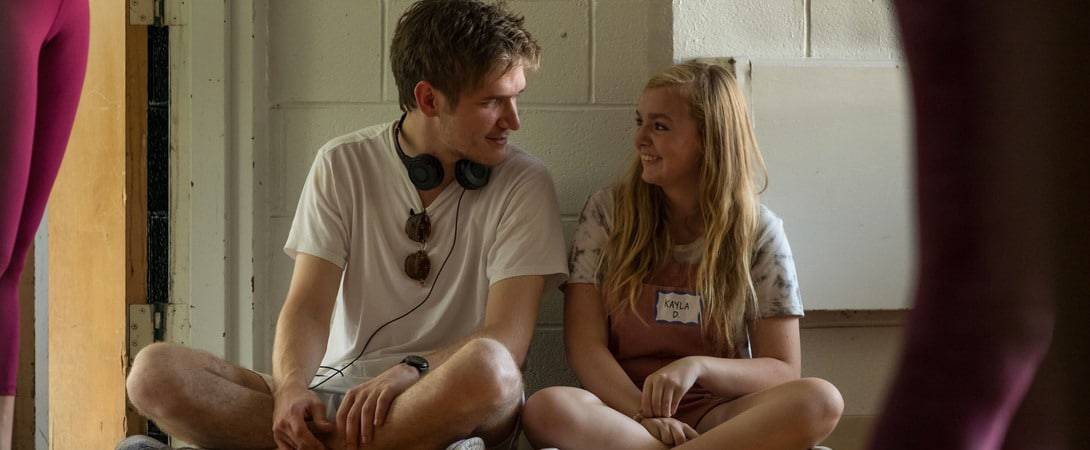
Who would have thought that the teenage comedian propelled to stardom by the early viral Youtube hit “All My Family… (Thinks I’m Gay)” would end up writing and directing the most authentic, heartfelt film about being a girl in middle school to date? Literally no one, because this is the sort of plot twist so unexpected it could only happen in real life. Like many of the other examples on here, Burnham’s seemingly sudden image shift actually is the product of years of planning. While Eighth Grade is Burnham’s directorial feature debut, he got his feet wet behind the camera directing comedy specials for Jerrod Carmichael and Chris Rock. While on the surface it seems wholly unexpected that Burnham—in his mid-20s when he began working on the screenplay, no wife, no kids, best known for sardonic humor—would come up with such a quiet, authentic tale of the adolescent experience in the 2010s, upon deeper reflection it does follow a certain logic that someone who found stardom through the internet would have a particular sensitivity to the overwhelmingly digital world of today’s youth culture.
Eighth Grade is an incredible film under any circumstances, but that it’s Burnham’s first only makes it more extraordinary. It may be early days yet in the awards season, but he’s already started collecting up well-earned First Film and Breakthrough prizes, and will likely continue to do so for the foreseeable future. In a world where unexpected bad things seem to be happening with ever-increasing frequency, the unexpected delight of Burnham’s earnest, sensitive, and at times heartbreaking (who didn’t tear up at the bonfire scene?) filmmaking debut has us eagerly waiting to see what he’ll do next. With such a clear eye for character, authenticity, and emotional resonance, it’s simply impossible to imagine that Burnham won’t return to the director’s chair soon enough.
John Krasinski
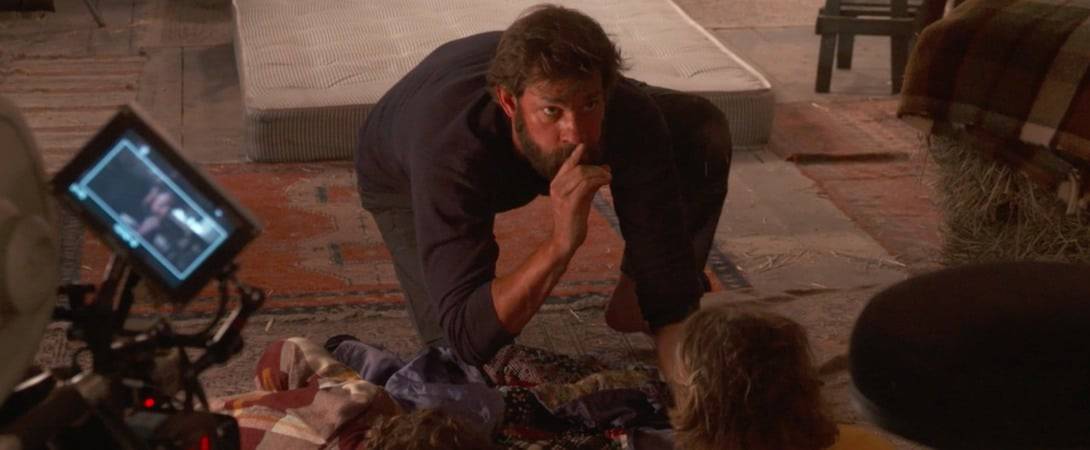
Before A Quiet Place, John Krasinski was better known as Emily Blunt’s husband, Jim from The Office. Now he is Mary Poppin’s husband, Jim from The Office, who directed that quiet horror movie. Much like in the case of Bo Burnham, the intrigue here is not just in the merits of The Quiet Place as a film, but in how far it diverged from Krasinski’s reputation. That said, it’s worth taking a little more time to address that The Quiet Place is indeed quality content. As Chris Pratt wrote about Krasinski’s directorial debut in Krasinski’s entry as one of Time‘s 100 Most Influential People in 2018, “He moved us. And scared us. And then moved us, which scared us.” With his starring role in Amazon Prime’s Jack Ryan series renewed for a second season, it doesn’t seem like Krasinski will be abandoning acting for work behind the camera any time soon. That said, he’s already writing a sequel to A Quiet Place, so he appears to have every intention of returning to the director’s chair. When he does, we have every intention of being first in line to see it on the biggest screen (and quietest theater) possible.
Bradley Cooper
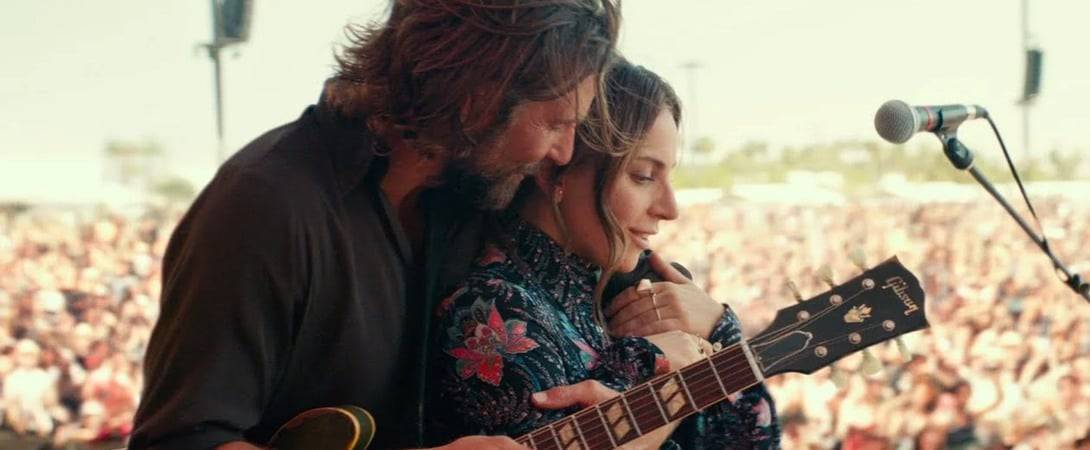
His roles in The Hangover and Guardians of the Galaxy have firmly established Bradley Cooper as an A-list actor, and with three Academy Award nominations for acting under his belt (Silver Linings Playbook, American Hustle, and American Sniper), his successes are clearly owed to more than just his pretty face—though admittedly, there is that, too. However, with his directorial debut A Star Is Born, Cooper demonstrated that his talents are even wider reaching than most realized. “I guess I felt like I wasn’t utilizing all of myself,” he told The New York Times of his drive to extend his efforts to behind the camera. To quote Sam Elliott, one of the film’s leading players, “Bradley wrote, directed, played guitar, became a rock star, produced, brought all the players together, brought all the people together behind the camera, [and] convinced Warner Bros. to make the film.”
In comparison to the earlier entries on this list, the nature of A Star Is Born does not majorly contradict his pre-existing image. That hardly makes this debut effort any less remarkable. Of all those hats Elliott mentions, most of us had only seen Cooper wear like two of them before A Star Is Born. Plenty of actors think they aren’t “utilizing all” of themselves and decide to try taking on other production roles only to produce results that are better left forgotten, but Cooper’s debut as a filmmaker demonstrates that his skills really were not being fully utilized—and that there’s a truly astounding amount there to utilize. Much like Burnham, Cooper has already started collecting up awards for directing, including from the National Board of Review and a few different regional film critics’ associations. His co-starring role in Clint Eastwood’s upcoming film The Mule is looking more and more like the ceremonial passage of a torch from one generation to the next, especially considering Cooper’s already got his next gig as writer/star/director lined up—a biopic of Leonard Bernstein. We’re rooting for you, Bradley Cooper. Don’t pull a George Clooney.
Boots Riley
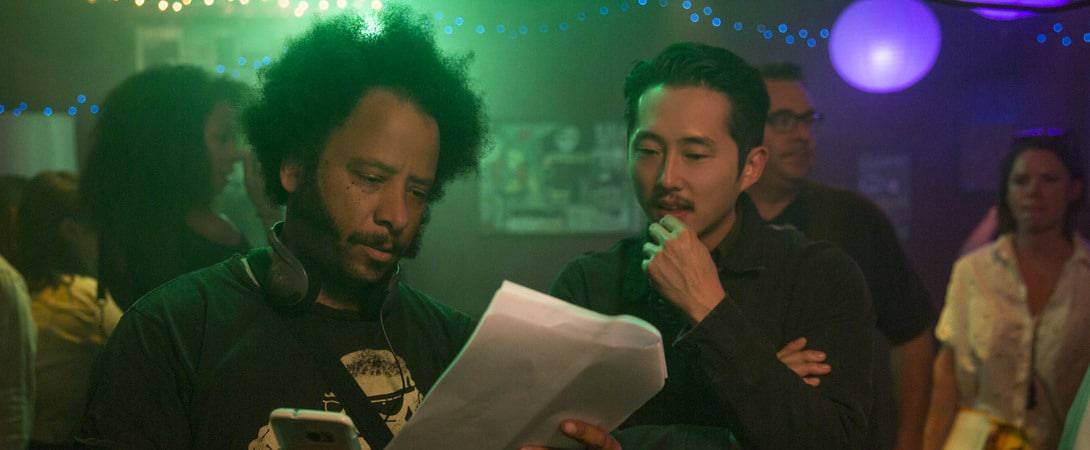
In 1991, Boots Riley became a founding member of the political hip-hop group The Coup, which thrives to this day. Prior to Sorry to Bother You, Riley’s only dabbles behind the camera were short films made in college and co-director credit on the music video for one of The Coup’s songs, “Me and Jesus the Pimp in a ’79 Granada Last Night.” Inspired to write something rooted in his own experiences in telemarketing but with an absurdist spin, Riley finished his first draft of Sorry to Bother You in 2012. Not imagining any way he would ever be able to get it funded, he turned it into The Coup’s sixth studio album, which ended up on multiple “Best Of” lists at the end of the year. Only the story didn’t end there; after sharing the script around and getting endorsements from writers and other industry types, Riley did a residency at the San Francisco Film Society’s FilmHouse followed by the Sundance Labs, and Sorry to Bother You finally made it to theater screens in July.
An unflinchingly anti-capitalist and brutally funny tale set in an alternate version of present-day Oakland, Sorry to Bother You is bold in a way unlike basically anything else that has ever made it to the big screen, set in a world full of rich and layered detail that all but demands repeat viewing. While none of the many published interviews I scrolled through addressed whether or not Riley is interested in making more films, we would definitely be interested in watching them. His refreshingly bold narrative and visual style along with his razor-sharp political edge is exactly the sort of thing we would like to see more of in the movies.
Joel Edgerton
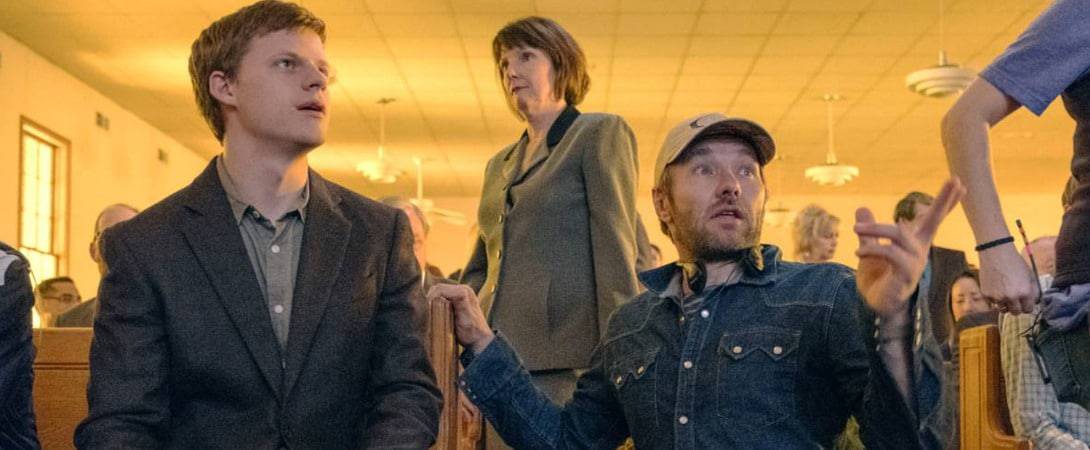
While publicity has started ramping up for Boy Erased as the award season race begins in earnest, Edgerton’s journey to the director’s seat has been a surprisingly understated one. Even though his feature directorial debut The Gift earned him a DGA nomination for best first film, it’s only now with his sophomore feature, which made it from page—as in, Edgerton beginning to write the screenplay—to post-production in an absolutely unheard of nine months, that Joel Edgerton the filmmaker is starting to get more of the spotlight than Joel Edgerton the actor. It takes two points to make a line, and the trend predicted by Edgerton’s output as a filmmaker thus far looks incredibly promising.
Brady Corbet
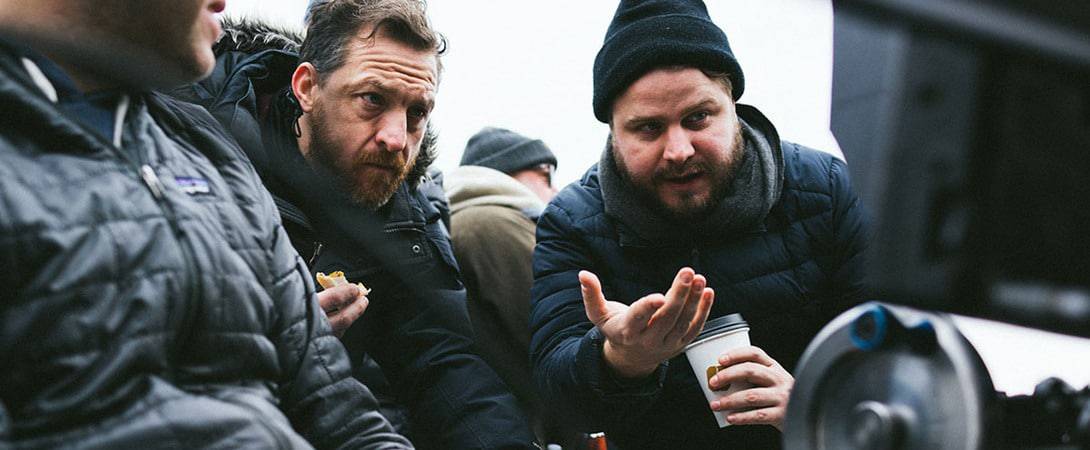
With his second directorial effort Vox Lux, Corbet’s status as a filmmaker who formerly paid the bills through acting is fully solidified. The anti-Star Is Born tale of terror and stardom, much like Corbet’s first film, The Childhood of a Leader, is not going to be everybody’s cup of tea. But Corbet has a distinct vision, a definite aesthetic, and a clear desire to challenge both himself as a filmmaker and his audiences—all desirable qualities in a filmmaker. Already at work on developing another film and with no plans on returning to acting, Corbet seems like he’s happier behind the camera, and considering the work he’s turned out, we’re here for it.
The In-Between
Jonah Hill
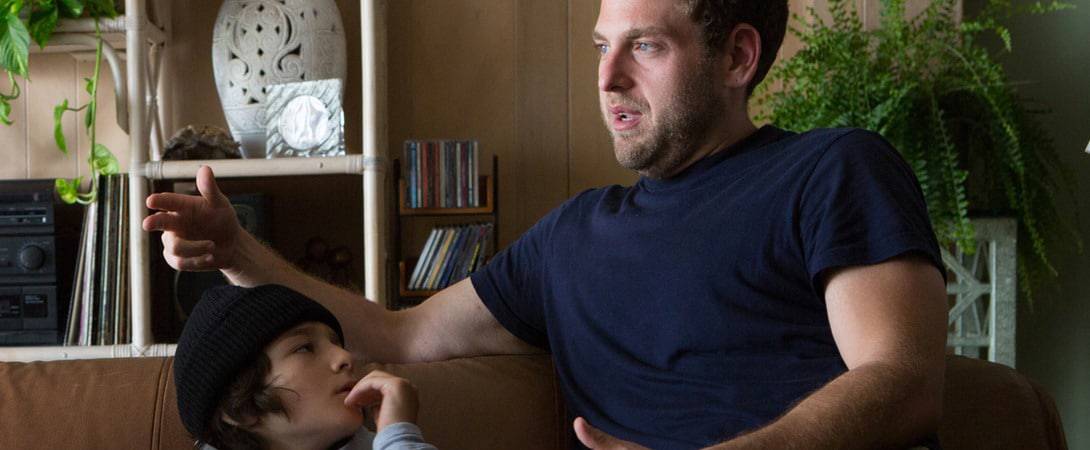
If you’ve seen a talk show or a magazine cover since September you might have heard that Jonah Hill is a director now and should be taken seriously. You can tell because he wears basically the same outfit to every interview and glasses that may or may not have been stolen from Martin Scorsese. His film, Mid90s, a tender love letter to dude-bros and skater culture, is shot on 16 mm in Academy ratio to reflect that it’s the mid-90s or something like that. On one hand, Hill seems incredibly earnest, on the other it kind of feels like he read an article in The Onion called “How to be an Auteur” and thought it was real news.
It is quite common for artists to begin by being highly derivative and then evolve into unique personalities who produce genuinely interesting content, but the fact that Hill might possibly grow into a director with something vaguely interesting to say is far from a guarantee. That said, he’s won some people over to his cause. Most I know fall within very specific demographics—namely, young male aspiring filmmakers who are, shockingly enough, themselves products of the mid-90s—but they exist. Yet, the publicity surrounding Mid90s and Hill’s debut as a director has had an especially self-aggrandizing air that has become quite annoying. A friend of mine who deals with ardent Jonah Hill fans on a regular basis requested I use the word “masturbatory,” so there it is. Admittedly, being taken seriously as a filmmaker when you’re known as an on-screen comedic presence is no easy feat, but in the context of the incredible achievements of Jordan Peele and Bo Burnham’s directorial debuts, Hill ranks third of three. Maybe there’s something to be said for Jonah Hill the director, and admittedly Mid90s isn’t an absolute trash fire, but it doesn’t feel like being introduced to a unique new storyteller, nor does it represent a truly surprising image shift. Jim from The Office helming a horror film is the sort of thing that inspires a double-take. Jonah Hill making a movie about dudes who skateboard is relatively on-brand. But who knows, maybe he has something actually interesting up his sleeve. We’ll see.
Paul Dano
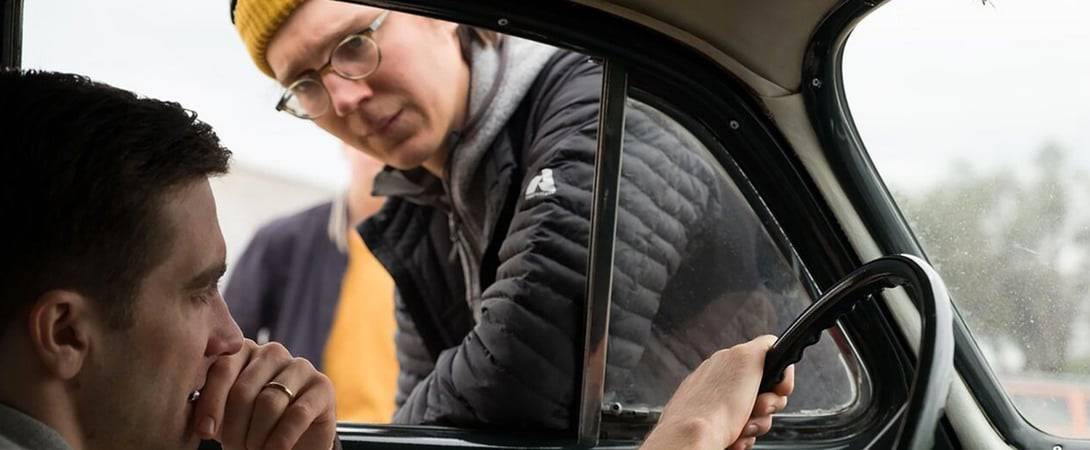
While the reviews have been mostly good, and it just took home the top prize at the Turin Film Festival, Dano’s directorial debut Wildlife has not inspired the sort of fervor in viewers that the bona fide successes on this list have. Part of this might be due to the fact that we are so used to seeing Dano’s chameleon-like adaptability onscreen that the idea of him shifting into another role, albeit behind the camera, just seems like a further extension of this expected mutability. If Dano continues his directorial efforts, I suspect it might end up turning out as it has with Joel Edgerton—i.e., with a second movie under his belt, the popular image of Dano will shift from actor (who directed that one movie that one time) to actor/filmmaker. But only time will tell.
Andy Serkis
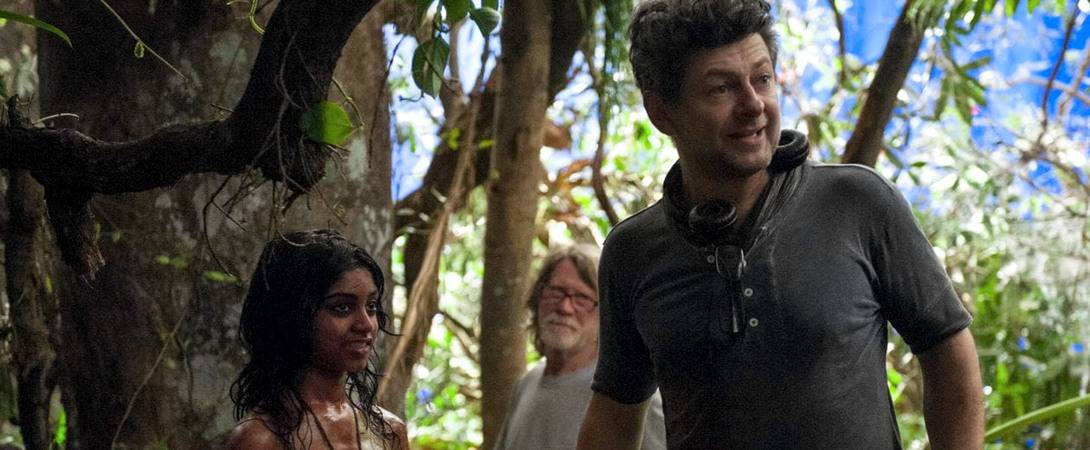
Andy Serkis is undeniably brilliant, and that his groundbreaking motion-capture performances have been repeatedly snubbed by awards is a travesty. Unfortunately, both of his directorial efforts—last year’s Breathe and, judging off of early reviews, this year’s Mowgli—have been decidedly underwhelming. Serkis is clearly serious about doing more work behind the camera; before Breathe he served as the second unit director on all three Hobbit films. Considering his incredible knowledge and mastery of motion capture performance, which gives every indication of only growing more popular as the technology continues to advance, his directorial potential seems incredibly high. Everything adds up on paper, but in practice, it’s been a different story. The reviews of his first two directorial efforts have been mixed in a way that suggests that there is something there, it just keeps getting bungled in translation. Maybe next time. Third time’s the charm after all, right?
The Lows
Kevin Connolly
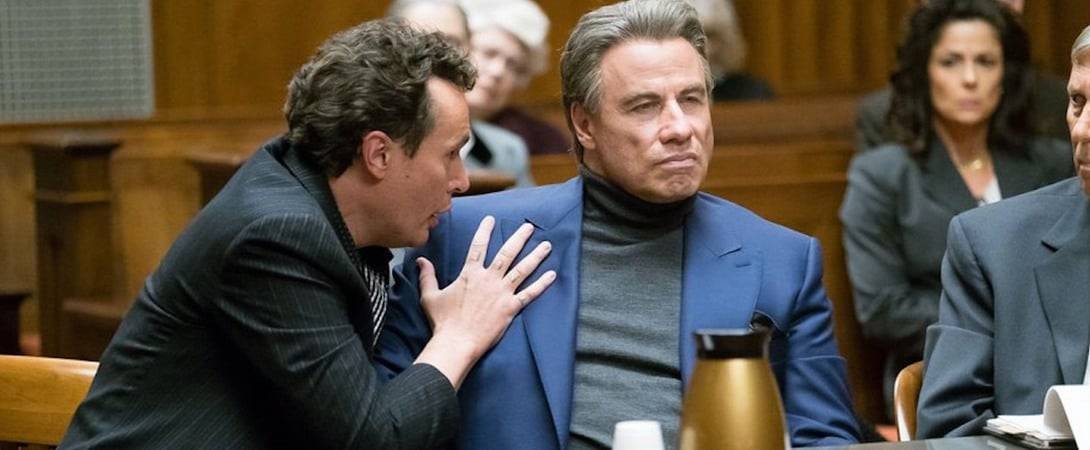
I like to give people the benefit of the doubt, which is why Kevin Connolly languishes alone in the “Lows” category. Because there is absolutely no regard in which Gotti is not a failure. Last year, The Snowman was horrendous enough we could enjoy it as a meme, but Gotti is too awful to laugh at. As is a 0% Rotten Tomatoes score. While debates over titles such as Bohemian Rhapsody have revealed definite faultlines between popular and critical opinion, there are certain films that are just undeniably, universally bad. Not everybody is meant to be a director. That’s okay. Quit before you fall further behind.
The post The Familiar Faces Who Made Waves as Directors in 2018 appeared first on Film School Rejects.




0 comments:
Post a Comment